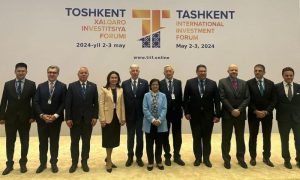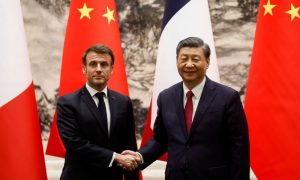TOKYO, Japan: Japanese car giants Nissan and Honda have agreed to explore a strategic alliance in the field of electric vehicles.
Japan’s biggest rivals, Nissan Motor Co and Honda Motor Co, said on Friday they were considering a strategic alliance in electric vehicles to a “once-in-a-century” upheaval in the auto industry.
Analysts said the move is aimed at catching up with Chinese rivals, which have pioneered electric vehicles, while Japanese companies have fallen behind as they focus on hybrids.
According to Nissan CEO Makoto Uchida, they are not competing only with the traditional car makers, but also with new players with innovative products and new business models. They are also going fo0r price competitiveness and amazing speed.
The scope includes automotive software platforms, core components related to Electric Vehcles, and complementary products, said the companies.
Media reports said the partnership could include joint development of a common EV powertrain — a so-called e-axle — and procurement of batteries.
Honda CEO Toshihiro Mibe termed the development a “once-in-a-century transformation in the automotive industry”.
Hybrids that bring together battery power and internal combustion engines are very popular in Japan and are accounted for 40 percent of vehicle sales in 2022.
However, Japanese companies have been slow to respond to the growing demand for pure electric vehicles due to their focus on hybrid vehicles.
Only 1.7% of cars sold in Japan in 2022 were electric cars. This compares to 15 percent in Western Europe and 5.3 percent in the United States.
Electric vehicles will account for up to 20 percent of new cars sold in China by 2022, and last year China overtook Japan to become the world’s largest auto exporter thanks to the power of Chinese automakers.
According to media reports, Honda and Nissan are considering reducing production capacity in China due to declining sales.



























